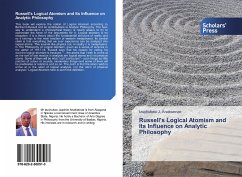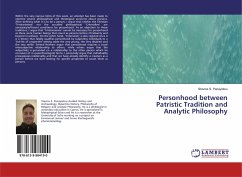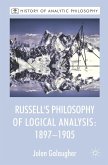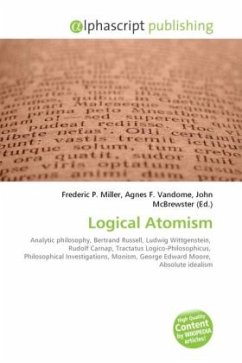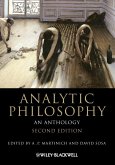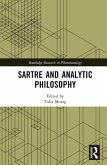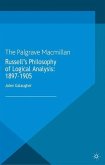This book will explore the notion of Logical Atomism according to Bertrand Russell and its contributions to Analytic Philosophy. The best way to understand a philosophical theory is nearly always to try to appreciate the force of the arguments for it. Logical atomism is no exception. It is a theory about the fundamental structure of reality and so it belongs to the main tradition of western metaphysics. Its central claim is that everything that we ever experience can be analyzed into logical atoms. This sounds like physics but, in reality it is metaphysics. In The Philosophy of Logical Atomism, given as a series of lectures in the winter of 1917-18, Russell says that his reason for calling his doctrine logical atomism is because: "...the atoms that I wish to arrive at as the sort of last residue in analysis are logical atoms and not physical atoms. Some of them will be what I call "particulars"- such things as little patches of colour or sounds, momentary things-and some of them will be predicates or relations and so on. The point is that the atom I wish to arrive at is the atom of logical analysis, not the atom of physical analysis." Logical Atomism here is worth the definition.
Bitte wählen Sie Ihr Anliegen aus.
Rechnungen
Retourenschein anfordern
Bestellstatus
Storno

